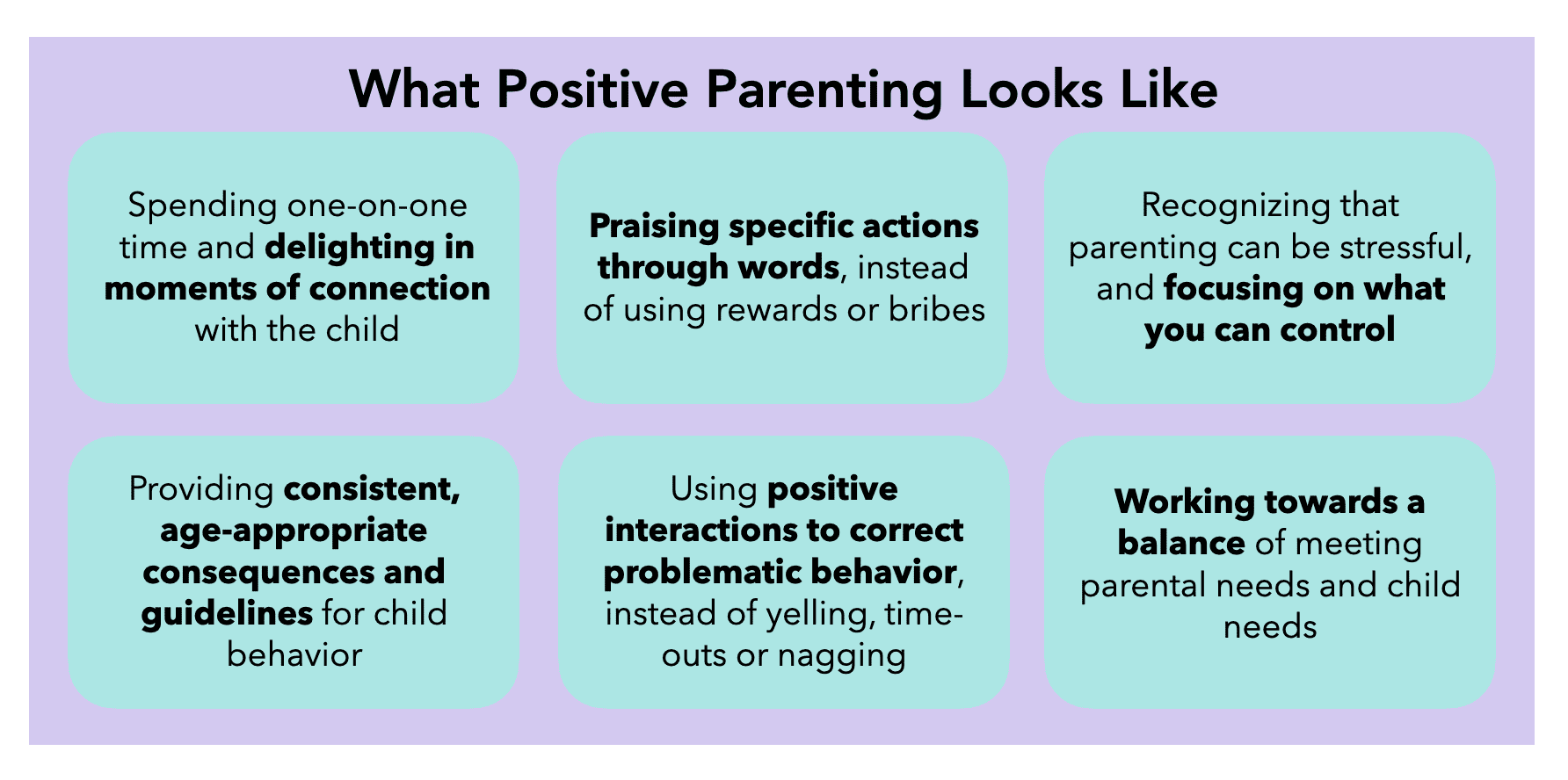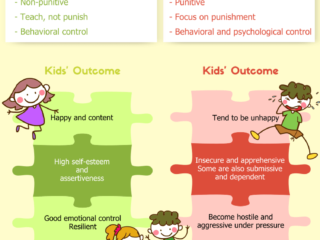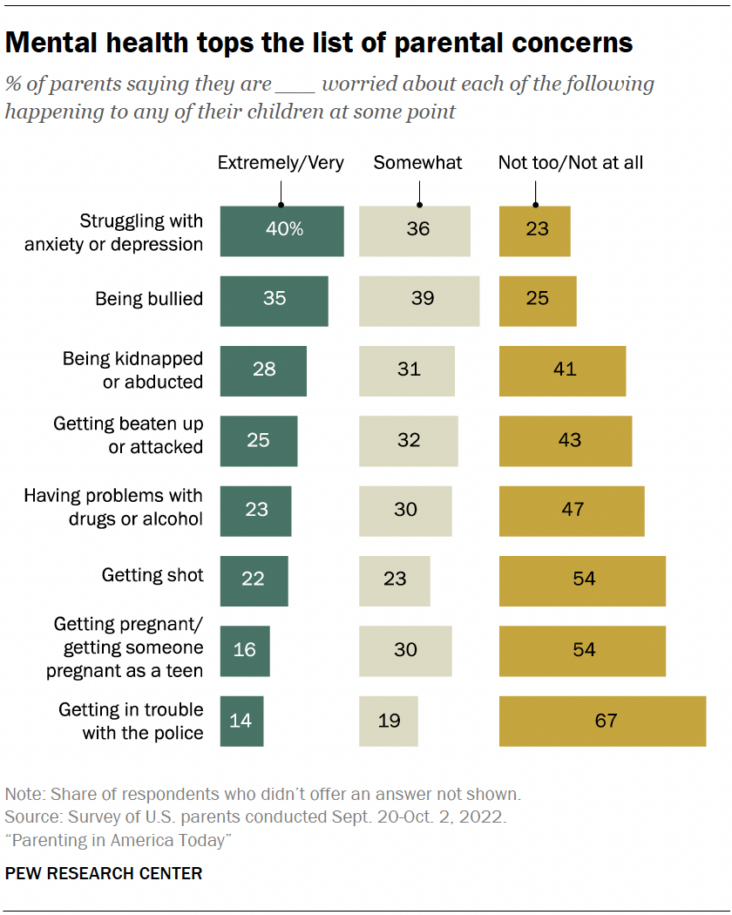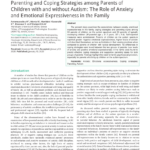Discover the secrets to successful parenting for your child with autism through our comprehensive guide, crafted with expert advice and insights from the field. Learn how to nurture their unique strengths, promote their well-being, and empower their development as you delve into these essential tips and strategies. Unlock the full potential of your extraordinary child as you navigate the complex and often misunderstood world of autism spectrum disorder. Don’t miss out on this indispensable resource, designed to support and inform parents on their incredible journey with their exceptional children.
Exploring Early Intervention Strategies for Children with Autism

Incorporating early intervention strategies for children with autism is crucial in fostering their development and adapting to their unique needs. These evidence-based approaches are designed to address core challenges in communication, social interaction, and cognitive skills, enhancing their overall growth. By exploring techniques such as Applied Behavior Analysis (ABA), Speech and Language Therapy, Occupational Therapy, and Social Skills Training, parents can access a diverse range of tools to support their child’s learning journey. With a tailored plan and consistent implementation, early intervention strategies can significantly improve the long-term outcomes for children with autism, empowering them to lead fulfilling lives.
Navigating the World of Autism Therapies: Choosing the Best Approach for Your Child

Navigating the world of autism therapies can be overwhelming for parents, but choosing the best approach for your child is crucial for their growth and development. With a plethora of options available, it’s essential to research and consult with experts to determine the most suitable therapy for your child’s unique needs. Consider evidence-based methods, such as Applied Behavior Analysis (ABA), which have been proven to be effective in improving communication, social skills, and adaptive behaviors. Furthermore, always ensure the chosen therapy aligns with your family’s values and goals for your child’s progress. Regular evaluations and adjustments will help maximize the benefits of the therapy and foster a positive and supportive environment for your child’s journey with autism.
Fostering Social Skills Development in Children with Autism: Expert Advice
Encouraging social skills development in children with autism is crucial for their overall growth and well-being. Experts recommend using various strategies to enhance these skills, such as engaging in play-based activities, fostering communication, and utilizing visual aids. By incorporating social stories, role-playing, and modeling appropriate behaviors, parents can help their child understand social cues and navigate different social situations. Additionally, enrolling in specialized programs and collaborating with therapists can provide invaluable support in honing these essential skills. Remember, patience and consistency are key when working with children on the autism spectrum, as mastering social skills may take time and require ongoing reinforcement.
Creating a Structured Environment for Your Autistic Child: Tips for Success

Creating a structured environment for your autistic child is essential for their growth and development. Experts recommend establishing routines and clear expectations to help them thrive. Start by organizing their daily schedule, including mealtimes, bedtime, and therapy sessions. Use visual aids, such as charts or calendars, to visually represent their routine. Consistency is key; try to maintain the same routine every day to reduce anxiety and confusion. Additionally, create designated spaces for specific activities, such as a quiet corner for sensory breaks or a designated homework area. Lastly, be patient and flexible, adapting the structure as needed to accommodate your child’s unique needs and abilities. Remember, a well-structured environment fosters a sense of security and predictability, which is crucial for the success and well-being of a child with autism.
Encouraging Emotional Regulation and Resilience in Children with Autism: Expert Insights

Encouraging Emotional Regulation and Resilience in Children with Autism is crucial for their overall well-being and development. Expert insights suggest focusing on fostering emotional intelligence and providing a supportive environment for these special children. Teaching self-awareness, self-management, and coping strategies can significantly improve their emotional regulation capabilities. Additionally, highlighting their strengths and promoting resilience by exposing them to various social situations, while also equipping them with problem-solving skills, can help them thrive in the long run. Remember, patience and understanding from parents play a vital role in empowering children with autism to become emotionally regulated and resilient individuals.



